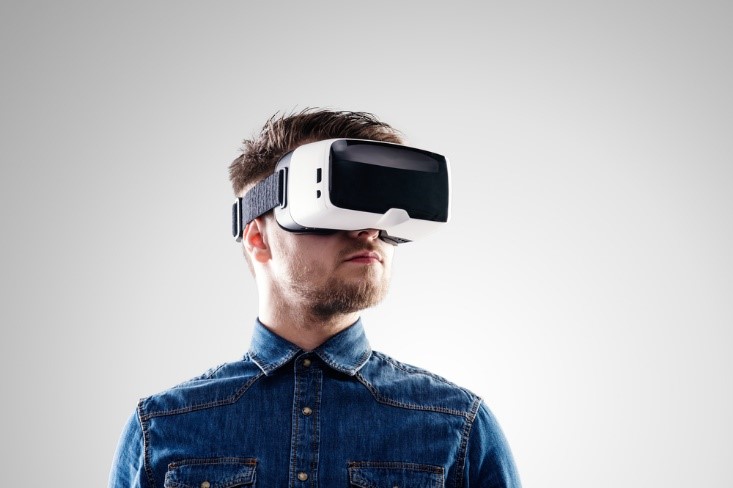There are open-source alternatives available for almost everything. It doesn’t matter if you are into software development, mobile application development or something else, you will find enough free resources to finish your projects easily.
Today, I will talk about OpenHMD, an open-source project for VR development. So without any further ado, let’s get started..!!
Read: Difference between Augmented Reality, Virtual reality, and Mixed Reality
Contents
What is OpenHMD?
OpenHMD is a project that aims to create an open-source API and drivers for immersive technology. It includes head-mounted displays with built-in head-tracking systems. These devices are supported by Android, macOS, Windows, Linux, and OpenBSD operating systems.
They also offer support for programming languages such as Go, Java, .NET, Perl, Python, and Rust. The OpenHMD project is released under the Boost License.
Improved Features in the latest OpenHMD version
OpenHMD project released version 0.3.0 codenamed Djungelvral recently with some important changes. First of all, the update extended its support for 3Glasses D3, Oculus Rift CV1, NOLO VR, HTC Vive & HTC Vive Pro, Deepoon E2, GearVR Gen1, etc.
The new version brings a universal distortion shader. Thus, you can easily set variables in the drivers that give information to the shader about lens size, chromatic aberration, position, and quirks.
The team behind the development also announced the plans to change the build system. OpenHMD added support for Meson and will remove support for Autotools in the next (0.4) release. The team has also planned to remove some features to make the API useful for everyone.
OpenHMD no longer supports PlayStation VR due to incomplete HID headers causing issues with Windows and macOS. Before incorporating this project into your work, you should upgrade your device’s firmware to the latest version. You should also remember, several devices have limited support and so are not included in the current release.
The team also announced that they will be speeding up the OpenHMD release cycle to come up with new features and support for more devices more quicker. According to the update, their priority will be “to get currently disabled devices in master ready for a patch release will be a priority as well, among getting the elusive positional tracking functional for supported HMDs.”
Final Words
I also believe that this project has great potential. The main highlight of this OpenHMD project is its open-source implementation and focus on a wide range of devices. I wish the team does well and creates a platform that will make them the go-to choice for the VR project.
So, have you ever used VR for gaming and other purposes? If yes, have you come across any open-source software resources? Do let us know in the comments below.


